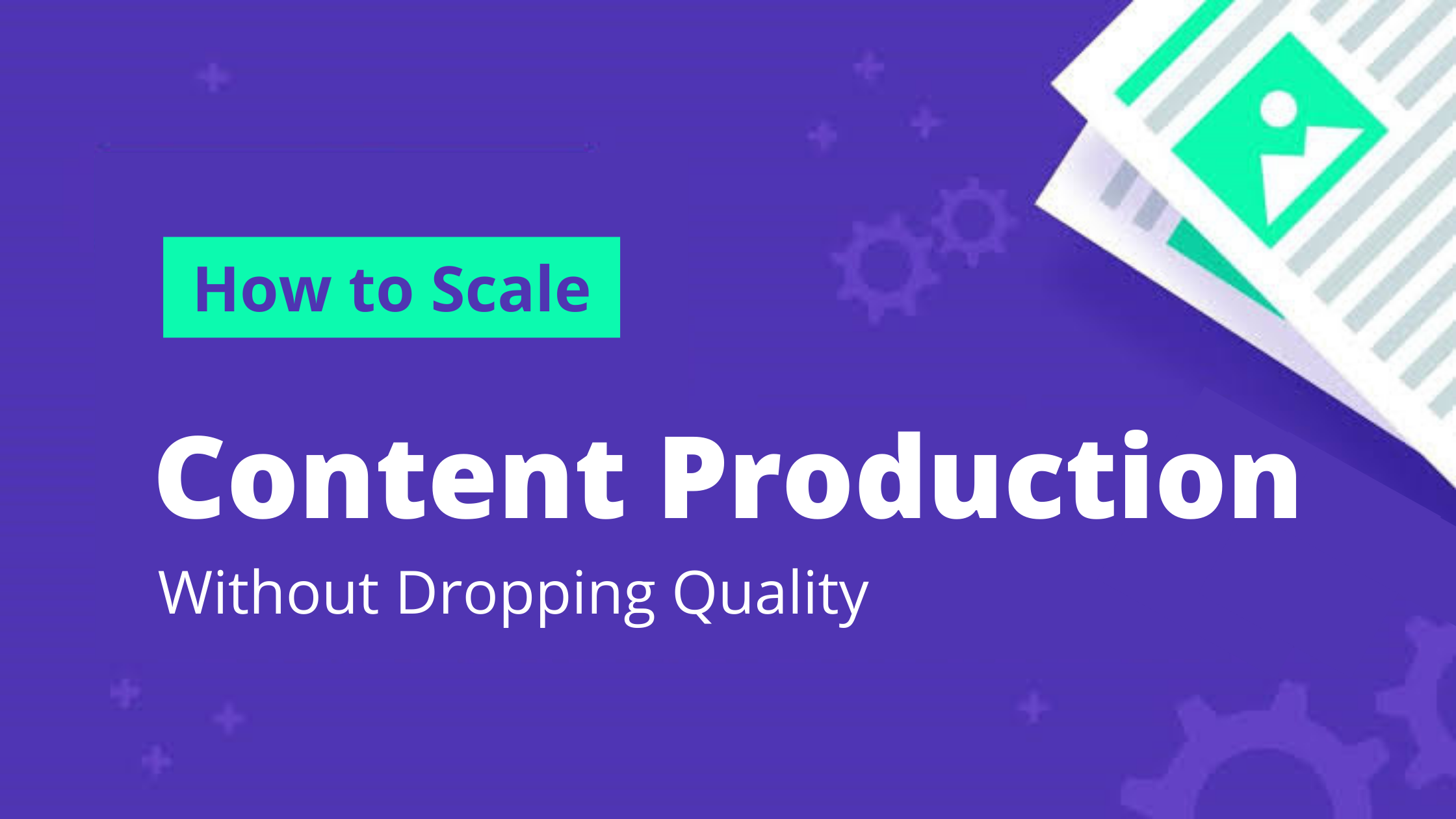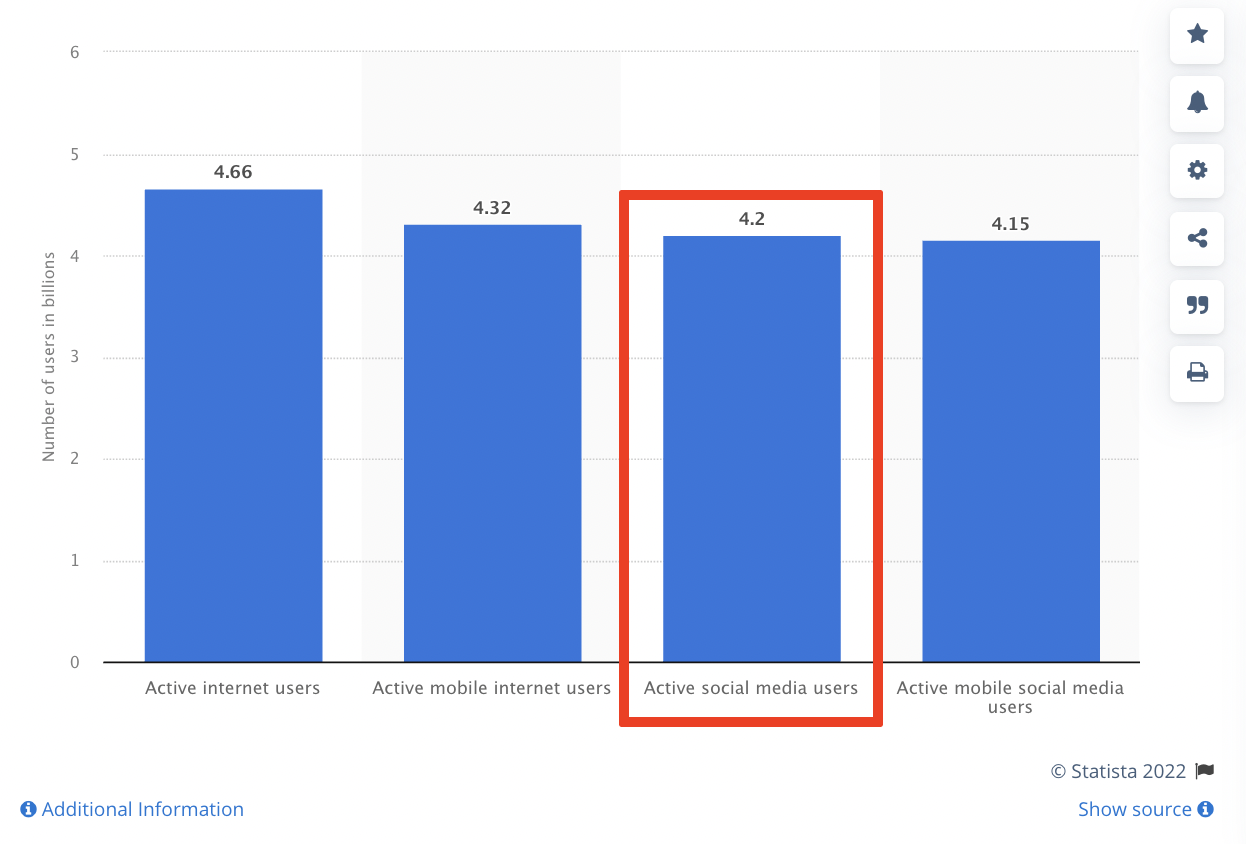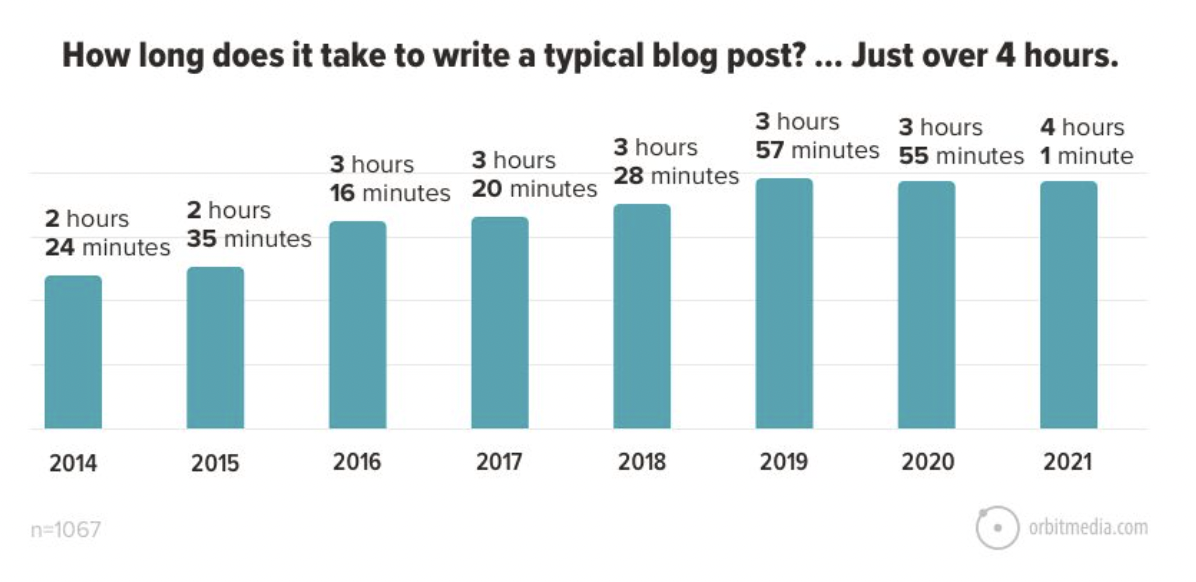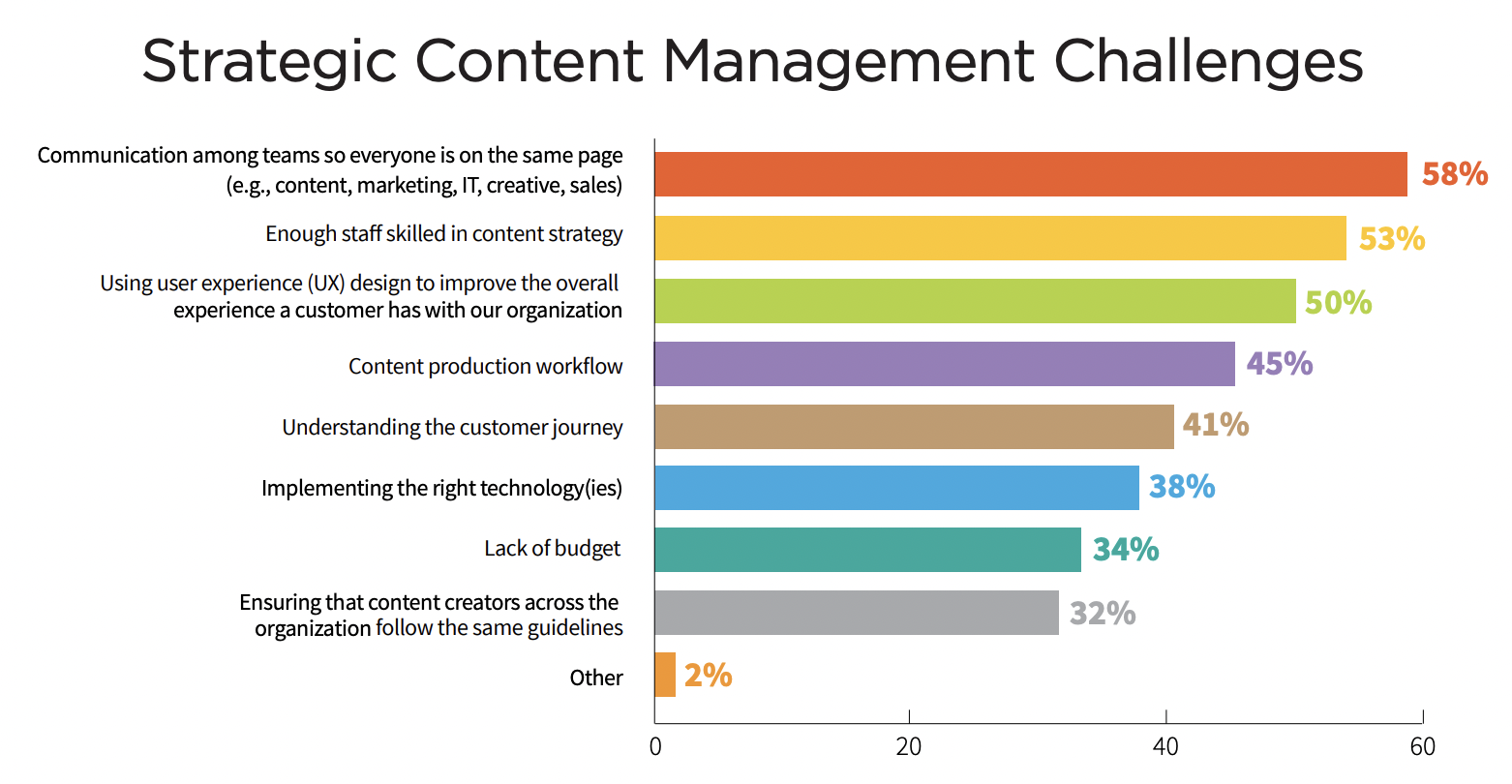Are you a content creator, then I am going to tell you about How to Scale Content Production Without Dropping Quality. So if you want to know about it, then keep reading this article completely.Because I am going to give you complete information about it, so let’s start.
As you all know, there is so much demand for photo, video, audio and text content in today’s time. And how much education can you get through these.
But a successful and good content creator is one who scales the quality of his content without reducing quality.

So let’s not waste time, Get complete information about How to Scale Content Production Without Dropping Quality, so let’s start.
Table of Contents
How to Scale Content Production Without Dropping Quality!
There’s no other way around it — if you want to increase brand awareness and drive more traffic to your site, you’ll need content.
A lot of it.
However, one of the biggest challenges marketers face is scaling content production without compromising quality.
So how can you scale your content? And how can you ensure that your content continues to drive measurable results for your business?
Keep reading to learn more. In this article, we’ll go through the exact steps that you need to follow to scale content production.
Table of Contents
- The Benefits of Scaling Content Production
- Improves Search Engine Visibility
- Increases Social Media Traffic
- Drives More Qualified Leads
- 5 Tips for Scaling Your Content Production
- 1. Establish a Content Production Process
- 2. Assemble a Content Marketing Team
- 3. Work With a Content Marketing Agency
- 4. Use a Content Editorial Calendar
- 5. Repurpose Existing Content Into Different Formats
Before we dive in, let’s look at why you should scale content production and how it benefits your company.
The Benefits of Scaling Content Production
Whether you’re a startup or a growing business, scaling your content is key to building your brand and getting noticed on a Google Search.
Here’s how scaling your content production can grow your bottom line.
Improves Search Engine Visibility
It’s safe to say that the Yellow Pages are a thing of the past. 49% of shoppers turn to Google to discover new products and inform their purchasing decisions.

Publishing quality content and optimizing it for relevant terms can improve your visibility in the search results. This enables you to position your products or services in front of more people.
Of course, more pages won’t always correlate to more traffic. But each post you publish creates another opportunity to rank for more terms in the search results.
Increases Social Media Traffic
Social media is a marketing channel that you can’t afford to ignore. There are now an estimated 4.2 billion active social media users worldwide.

Scaling content production will help you grow your presence on social networks like Facebook, Instagram, and Twitter. Your followers may even share your content with their own followers and drive more traffic to your website.
Drives More Qualified Leads
Scaling content production can boost your lead generation efforts.
When you provide visitors with useful content, they’re more likely to view you as a credible source of information. With relevant calls to action (CTAs), you can collect information about your visitors and nurture those relationships with email marketing strategies.
These are just a few of the key benefits that scaling content can bring to a business. In short, it can drive more traffic to your website and generate more sales.
However, you need to lay a strong foundation first to scale your content effectively. Let’s look at how in the next section.
5+ Tips for Scaling Your Content Production!
Scaling content production is far from easy. But doing it right will grow your bottom line and give your business a huge competitive advantage online.
Follow these steps to get started.
1. Establish a Content Production Process
Writing is just one step in the content production process. Taking a piece of content from ideation to publication typically involves:
- Conducting keyword research
- Writing the article
- Proofreading and editing
- Optimizing for search
- Creating visuals
- Uploading to your site
Before you can scale content, you need to establish a clear workflow.
Create detailed documentation for each step. What happens at each level? What tools or resources are needed? These guidelines will come in handy as you outsource content creation to others (more in the next section).
As you document each step, think about the tasks that you can streamline. For example, starting a blog post from scratch each time is both tedious and time-consuming.
Creating templates for posts like how-to guides, listicles, and product reviews can help you speed up the content creation process. These resources can also help you maintain consistent standards.
2. Assemble a Content Marketing Team
According to a survey from Orbit Media, it takes just over four hours to write a typical blog post.

That’s just writing. It doesn’t factor in the time spent on other tasks like researching topics, creating visuals, optimizing for search engines, and formatting the post.
If you’re running a business, then realistically, you’d only have time to create one or two blog posts per week. But if you want to scale your content, you can’t do everything yourself.
Having the right team is crucial to scaling content production.
Bringing on a team to manage your content processes requires more effort, but it’ll allow you to produce more content for your website and marketing channels without dropping quality.
Here are the roles you’ll want to consider adding to your content marketing team:
- Content strategist: A content strategist is responsible for planning and executing your content strategy. They’ll also be responsible for managing your writers and ensuring that your content aligns with your brand’s voice.
- Content writer: Content writers will write most of your content. Be sure to hire writers with relevant industry expertise.
- Content editor: The last thing you want is to publish content to your site without checking it for errors or grammatical mistakes. A content editor is responsible for proofreading and editing any content before publishing.
- Graphic designer: Adding images to your content can improve engagement and reduce bounce rates. Consider hiring graphic designers to create images and other multimedia for your content.
Finding the right people isn’t always easy. Fortunately, platforms like Upwork and Freelancer let you tap into a huge network of professionals that you can hire for your team. You’ll be able to create a job listing that outlines exactly what you’re looking for.
Have applicants include any content samples so that you can vet their work or give them a test topic to write on. Once you find a good fit, familiarize them with your content production process and start assigning them work.
3. Work With a Content Marketing Agency
Building a content team isn’t easy, as it involves a lot of trial and error just to find the right people. It also requires considerable resources in terms of costs. Your marketing budget may already be stretched thin if you’re a growing business.
The good news is you can still scale your content production by working with content marketing agencies. With an agency, you’re able to leverage the expertise of an entire team who can help with keyword research, content creation, on-page optimization, and more.
You can start with a small budget and gradually ramp up your spending as your needs grow.
4. Use a Content Editorial Calendar
One of the biggest challenges of implementing a content marketing strategy is staying organized. What topic are you covering? What format will you use? What platform will you publish it on and when?
Staying on top of your work becomes even more challenging once you start bringing in more people. According to a survey by the Content Marketing Institute, 58% of content marketers cite communication among teams as one of the biggest content management challenges.

Using an editorial calendar is a simple way to keep your team on the same page. You can also adapt it to suit your growing needs.
Here are some things to include in your content calendar:
- Due dates
- Content-type
- Author
- Title
- Keywords
- Call to action
To jumpstart your efforts, HubSpot offers free editorial calendar templates that you can use.

Instead of constant back-and-forth emails to confirm publication dates or topics, your writing team can refer to the editorial calendar. This will help you maintain a consistent publishing schedule and avoid any miscommunication.
5. Repurpose Existing Content Into Different Formats
People consume content differently. Some prefer reading long-form articles, while others prefer watching videos and listening to podcasts.
Repurposing content is another effective marketing strategy used by a business to scale content production and grow an online presence.
For example, you can take an existing blog post and turn it into:
- Guides
- Videos
- Infographics
- Social media posts
- Newsletters
- Podcasts
- Webinars
Repurposing your content helps you increase your reach on different platforms and drive more traffic to your website.
Of course, you’ll need to repurpose your content into the right format. If you’re creating a video from a blog post, don’t simply read it out loud. Instead, use highly engaging visuals and get straight to the point.
Conclusion!
Creating quality content is one of the most effective ways to grow your business online. It’s also incredibly resource-intensive in terms of time and cost.
Fortunately, you can scale your content without compromising on quality. Follow the tips as laid out here — establish a content production process, assemble a content marketing team or work with an agency, use an editorial calendar, and repurpose existing content.
About The Author

Brad Smith is the Founder of Codeless (a content production agency) and CEO at Wordable.io. His content has been highlighted by The New York Times, Business Insider, The Next Web, and thousands more.
Read Also:)
- 15+ Types of Content for Digital Marketing: The A-to-Z Guide!
- What Is Content Marketing & Why Is It Important (Full Details)
- What Is High Quality Content & How To Make This!
So friends, I hope you liked this How to Scale Content Production Without Dropping Quality. And if you still have any suggestions related to this, then you can tell us in the comment box below. And thank you so much for reading this post.